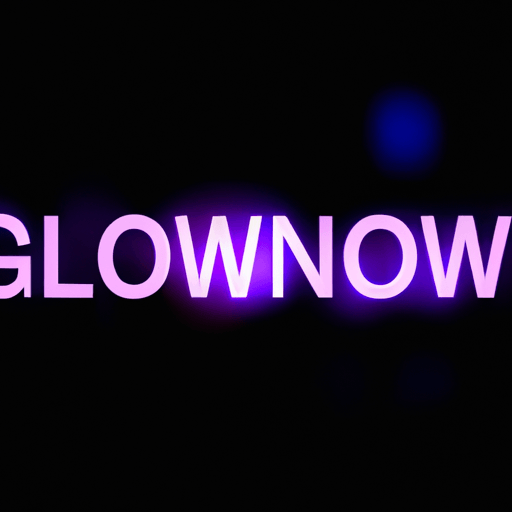Exploring the Effects of Social Media Platforms on Writing and Literature
As the digital age continues to evolve, the way that literature is produced and shared has been dramatically altered. Social media has created new opportunities for authors, readers, and publishers to engage with each other, but this new landscape has also presented both advantages and challenges.
Advantages of Social Media for Authors
Authors have benefited greatly from the proliferation of social media platforms. They are now able to reach a wider audience and easily promote their work on platforms such as Twitter, Instagram, and Facebook. Many authors, such as J.K. Rowling, Neil Gaiman, and Margaret Atwood, have gained a large online following, which has helped to increase the reach of their work. Additionally, authors can now use social media to easily connect with other writers, providing them with a valuable network of peers.
Challenges of Social Media for Authors
Although social media can be a powerful tool for authors, there are also several challenges that come along with it. One of the biggest issues is that it can be difficult to stand out among the endless stream of content that is posted online. Additionally, the fast-paced nature of social media can lead to oversaturation, making it hard for authors to maintain an engaged audience. Lastly, it can be difficult to maintain a balance between promoting one’s work and engaging with fans, as it can be hard to find time for both.
Advantages of Social Media for Readers
Social media has provided readers with unprecedented access to new literature. They can now easily find and connect with authors, as well as discover new books. Additionally, readers can now engage in meaningful conversations with other readers about books they have read, which can lead to a deeper understanding and appreciation of the work. Furthermore, social media has made it easier for readers to support authors, as they can now easily purchase books online.
Challenges of Social Media for Readers
Although social media has made it easier for readers to find and purchase books, it has also created some challenges. One of the biggest issues is that readers may be inundated with too much information, making it difficult to find quality content. Additionally, readers may be less likely to purchase physical books due to the abundance of free content available online. Lastly, readers may be more likely to engage in “skimming” rather than engaging deeply with the material.
Advantages of Social Media for Publishers
Social media has also been beneficial for publishers. It has made it easier for them to reach readers and promote books, as well as to connect with authors and other industry professionals. Additionally, publishers can now easily collect data on reader behavior, which can help them to tailor their marketing strategies. Lastly, social media has made it easier for publishers to interact with readers, allowing them to gain valuable feedback on their books.
Challenges of Social Media for Publishers
Although social media can be a powerful tool for publishers, there are also several challenges that come along with it. One of the biggest issues is that it can be difficult to stand out among the endless stream of content that is posted online. Additionally, the fast-paced nature of social media can lead to oversaturation, making it hard for publishers to maintain an engaged audience. Lastly, it can be difficult to maintain a balance between promoting one’s books and engaging with readers, as it can be hard to find time for both.
Conclusion
The proliferation of social media has had a profound effect on the way that literature is produced and shared. While it has presented both advantages and challenges for authors, readers, and publishers, it has also opened up new opportunities for them to engage with each other and with the literature that they produce. As the digital age continues to evolve, social media will continue to shape the way that literature is created, shared, and consumed.





















Comments
Leave a Comment